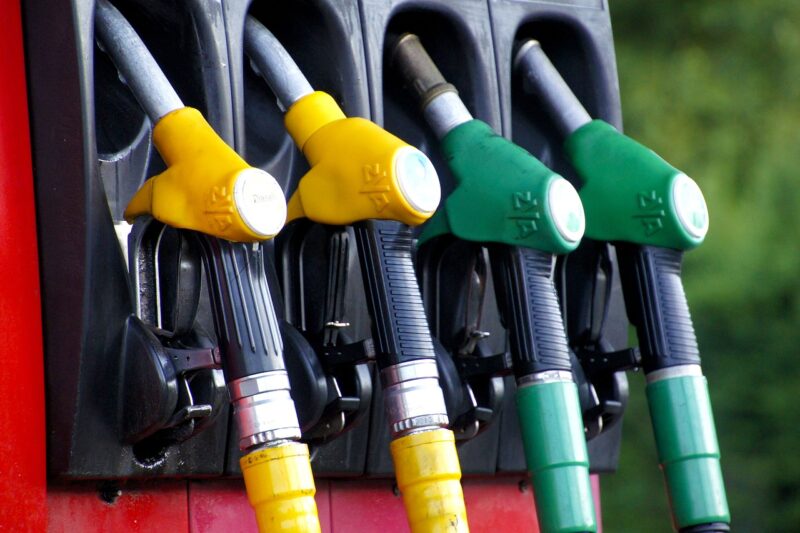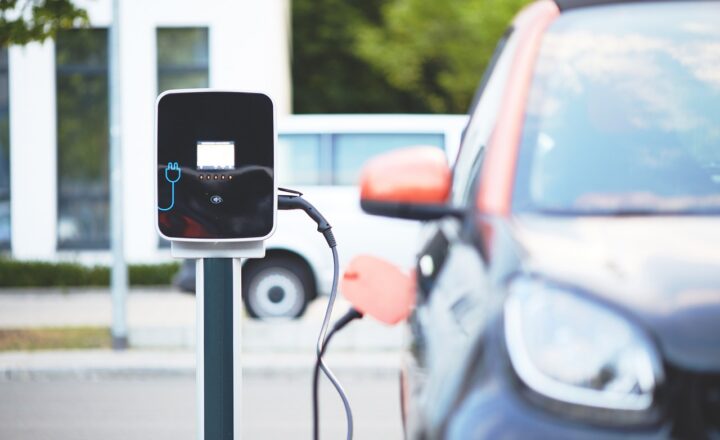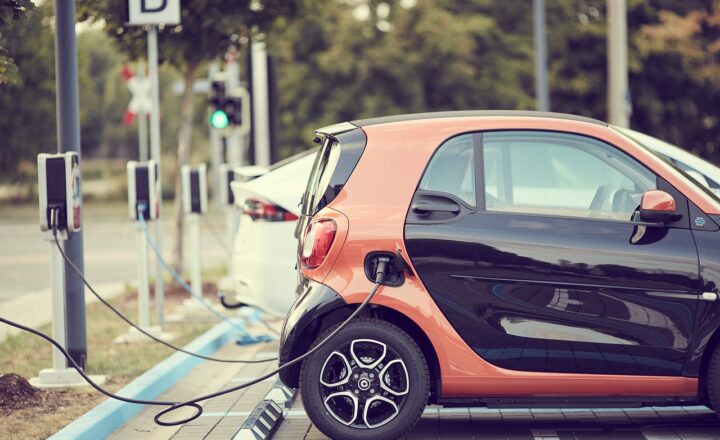The Ultimate Guide to Choosing a Fuel-Efficient Car for Your Daily Commute
November 13, 2024

With rising fuel prices and increasing environmental concerns, choosing a fuel-efficient car has never been more important. Whether you’re commuting to work, dropping the kids off at school, or embarking on a weekend road trip, finding a vehicle that provides great mileage can save you money and reduce your carbon footprint.
In this comprehensive guide, we’ll explore everything you need to know about selecting a fuel-efficient car for your daily commute in 2024.
1. Understanding Fuel Efficiency Metrics
Before diving into specific cars, let’s clarify what fuel efficiency means and how it’s measured. Fuel efficiency is typically expressed in terms of miles per gallon (MPG) in the United States. The higher the MPG, the more fuel-efficient the vehicle.
Here are some important metrics to consider:
- City MPG: This measures how many miles a car can drive in urban traffic conditions, where stop-and-go driving is common.
- Highway MPG: This metric shows how far a vehicle can travel at higher speeds on highways without frequent stops.
- Combined MPG: This represents an average of city and highway driving, giving a more comprehensive view of a vehicle’s efficiency across different driving conditions.
Understanding these metrics will help you evaluate potential vehicles based on how you will primarily use them.
2. Types of Fuel-Efficient Cars
When it comes to choosing a fuel-efficient car, you have a variety of options. Let’s break down the different types:
- Hybrid Cars: These vehicles combine a gasoline engine with an electric motor. They can switch between power sources to maximize fuel efficiency. Popular models include the Toyota Prius and Honda Insight, which often achieve over 50 MPG combined.
- Plug-in Hybrids: Similar to hybrids but with a larger battery that can be recharged from an outlet. They offer a certain mileage in all-electric mode, making them great for short commutes. The Toyota RAV4 Prime is a notable example.
- Electric Cars: These vehicles run entirely on battery power. They produce zero emissions, which makes them environmentally friendly. While they don’t use gasoline, their efficiency can be measured in MPGe (miles per gallon of gasoline equivalent). Models like the Tesla Model 3 and Nissan Leaf are very popular choices.
- Fuel-Efficient Gasoline Cars: There are still many gasoline-powered vehicles that boast excellent fuel economy, especially small cars. The Honda Civic and Toyota Corolla are both excellent options with over 30 MPG combined.
Think about your driving habits and preferences to decide which type of fuel-efficient car suits your lifestyle best.
3. Key Features to Consider
When in the market for a fuel-efficient car, consider these features that can influence both performance and comfort:
- Engine Size and Type: Smaller engines tend to be more fuel-efficient. Look for cars with turbocharged four-cylinder motors for a balance of power and efficiency.
- Weight: Lighter cars generally consume less fuel. Manufacturers are increasingly using lightweight materials to boost efficiency without sacrificing safety or luxury.
- Aerodynamics: The shape of a car affects how easily it moves through the air. A vehicle designed with aerodynamics in mind will often perform better in terms of fuel efficiency.
- Transmission Options: Continuously Variable Transmissions (CVTs) can optimize engine performance for better fuel efficiency compared to traditional automatic transmissions.
These features work together to ensure your daily commute is as fuel-efficient as possible.
4. Real-World Fuel Efficiency: What to Look For
While looking at MPG figures is an excellent starting point, understanding real-world fuel efficiency is equally crucial. Here’s how to gain more insights:
- Check Reviews and Ratings: Consult professional reviews and consumer feedback to learn about real-world fuel efficiency from other drivers. Websites like Edmunds and Consumer Reports provide a wealth of data in this regard.
- Consider Driving Conditions: Keep in mind that driving conditions greatly affect fuel economy. If you plan to drive in stop-and-go traffic often, adjust your expectations accordingly, as hybrids tend to perform better in these situations than conventional vehicles.
- Test Drive: Nothing beats the experience of being behind the wheel. Pay attention to how the engine feels and any sounds that may indicate inefficiencies. Also, test the car’s responsiveness in different driving scenarios.
Real-world experience can help you make an informed decision rather than relying solely on manufacturer claims.
5. Cost of Ownership vs. Fuel Savings
Fuel-efficient cars often have a higher sticker price compared to less efficient models. However, it’s essential to consider the long-term costs. Here are tips to help you balance initial expenses with fuel savings:
- Total Cost of Ownership (TCO): Factor in insurance, maintenance, and repairs, not just the purchase price. Sometimes cheaper cars are more expensive in the long run due to higher maintenance costs.
- Fuel Price Trends: Look at historical and projected fuel price trends in your area. If you anticipate rising prices, investing in a more efficient car could be a wise financial decision.
- Incentives and Tax Breaks: Depending on where you live, purchasing hybrid or electric vehicles may qualify you for government rebates and tax incentives that can offset initial costs.
Evaluating value over time ensures you make a financially sound decision.
6. The Top Fuel-Efficient Cars of 2024
Based on expert reviews and fuel efficiency ratings, here’s a roundup of some of the best fuel-efficient cars available in 2024:
- Toyota Prius: Known as the pioneer in hybrid technology, it achieves an impressive 56 MPG combined, making it a solid choice for commuters.
- Honda Accord Hybrid: This hybrid blend of style and efficiency offers up to 48 MPG combined, providing ample space and power without compromising fuel economy.
- Tesla Model 3: As a leader in electric vehicles, the Model 3 offers a different kind of efficiency measured in MPGe, boasting up to 142 MPGe combined, with a fully electric range that makes it perfect for commuters.
- Hyundai Elantra: This compact car offers excellent value and performance, achieving 37 MPG combined for a gasoline-powered vehicle, giving it a competitive edge in the segment.
These models demonstrate the vast range of fuel-efficient options available, suitable for different tastes and needs.
Conclusion: Make a Wise Investment for the Future
Choosing a fuel-efficient car is not just about saving money at the pump; it’s about making a long-term investment in your lifestyle and the environment. By understanding efficiency metrics, exploring different vehicle types, and evaluating overall costs, you can make an informed decision that aligns with your values and needs. Prioritize a test drive wherever possible to experience how a vehicle handles and performs before committing to a purchase.
As environmental consciousness and fuel prices continue to shape the auto market in 2024, the right fuel-efficient car can provide a reliable, economical source of transportation for years to come.







